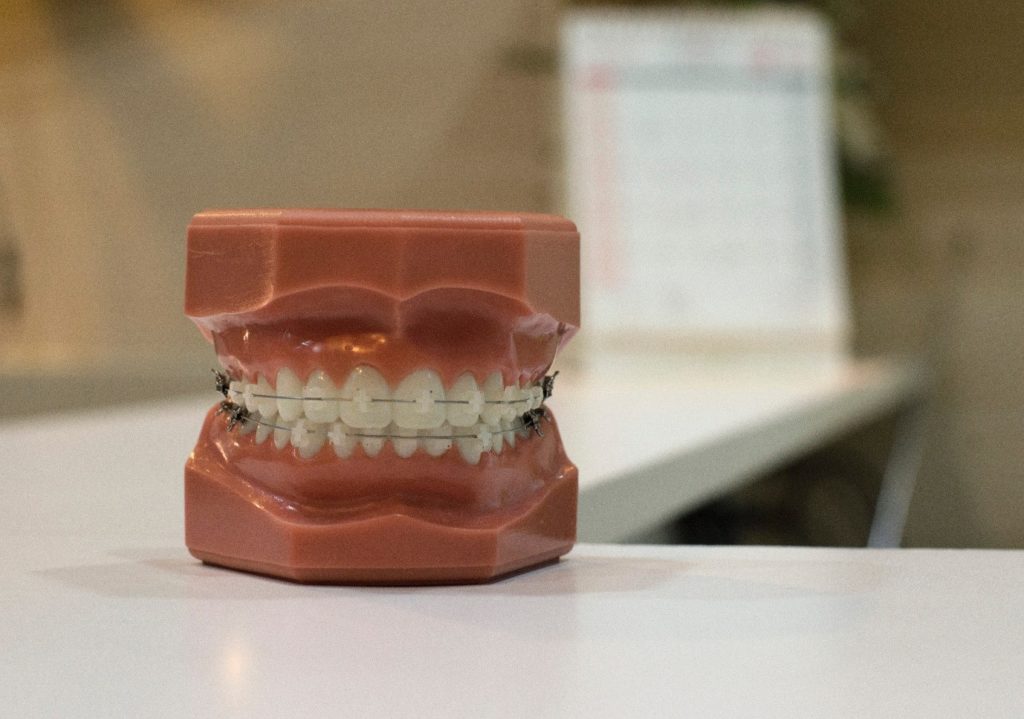If you think your teeth have moved over the years but aren’t sure whether you’re imagining it, we’re here to tell you it may not be just all in your mind.
Yes, our teeth can (and often do) move or shift over the years. And most of the time, it happens gradually, so we hardly notice it.
So, why does it happen?
The simplest answer is that our teeth are not permanently fixed on our jaws, so they’re prone to shifting over time.
It helps to understand that our teeth are held in place by our gums, our jawbones, and connective tissues called the periodontal ligaments. Any event or condition that affects how these parts hold our teeth in place could then cause our teeth to move or shift out of place.
The most common causes of teeth moving over time include:
1. Age
As we age, our bodies change. And the same goes for our teeth, jaws, and mouths. Whether it’s because of natural wear and tear or the thinning of the enamel in our teeth as we get older, our teeth become more prone to moving as we age.
The more worn our teeth and supporting structures are, the less they’re able to withstand the forces of constant biting and chewing. This can cause them to shift from their original places.
2. Genetics
We can’t fight the genes we are born with. If your genes say that your teeth will shift and move later in life, they likely will no matter how straight and aligned they are right now. That’s simply the nature of genetics.
Those who have the tendencies for shifting teeth will likely see their teeth move over time, even if they’ve taken great care of their teeth.
3. Grinding
Grinding accelerates the wear and tear on your teeth, and it can even damage their surrounding tissues.
This can affect the stability of your teeth and make them more prone to shifting. Grinding also presses your jaws together constantly, which puts additional pressure on your teeth that could eventually push them out of place.
4. Gum disease
Our gums are one of the mains parts that hold our teeth in place. So if they’re weak or deteriorating, the stability of your teeth will be compromised. Gum disease is a leading cause of tooth loss in adults, and it can cause the gums to recede from your teeth.
This decreases the support and stability they provide, which can cause your teeth to gradually shift out of place. If left untreated, this could lead to your teeth becoming looser before eventually falling out.
5. Trauma / Injury
Sometimes, a blow to the head or face can damage the surrounding tissues of your teeth or knock your teeth out of place slightly (if it hasn’t done so completely). When this happens, some of your teeth may feel different and “off” because they’ve moved.
So even though a head injury may not have knocked your teeth out completely, it could shift it out of position, which could then worsen over time.
Don’t Worry – You Can Do Something About Moving Teeth
The good news is that you can keep your teeth in place as much as possible with help from your dentist. A qualified dentist can evaluate any movements in your teeth and provide the best options for managing any shifts or changes in your teeth.
They can also identify dental issues like gum disease or grinding in its early stages to prevent further damage. This is one of the reasons why regular visits to the dentist are so important – they can treat a problem in your teeth or gums before it gets worse.
If you want your teeth checked by a trusted family dentist, don’t hesitate to book an appointment with us. We’ll be more than happy to look over your teeth and provide the right solutions to keep them as healthy as possible.












